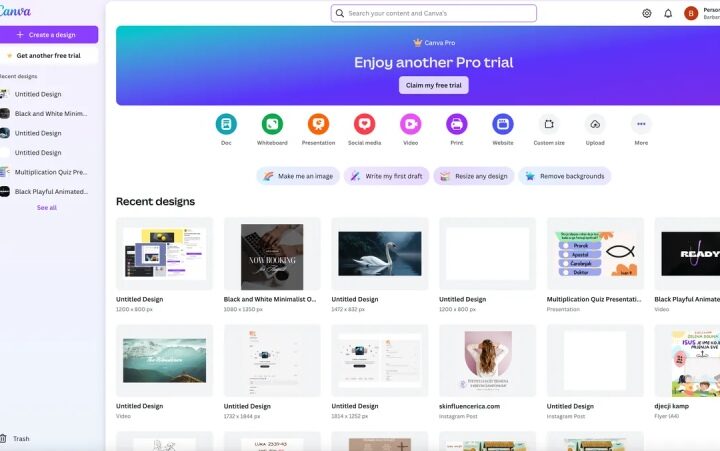After years of delays, Google has announced that it will no longer remove and replace third-party cookies in its Chrome internet browser, a long-standing practice by advertisers.
Cookies are small pieces of code that websites send to a visitor’s browser and remain stored there even if the user visits other websites. This practice has fueled much of the digital advertising ecosystem because it gives websites the ability to track users across multiple websites to target them with ads.
Google announced in 2020 that it would end support for these cookies by early 2022, once it has found a way to address the needs of users, publishers, and advertisers and develop tools to facilitate workarounds.
To this end, Google launched the Privacy Sandbox initiative to find solutions that protect user privacy and make content freely available on the open web.
In January, Google said it was “extremely confident” about the progress of its cookie alternatives. They include “Federated Learning of Cohorts,” which essentially splits people into groups based on similar browsing habits, meaning only “cohort IDs” and not individuals. User IDs are used to target them.
But in June 2021, Google pushed back the timeline, giving the digital advertising industry more time to make plans for more privacy-conscious targeted advertising. Then, in 2022, the company said feedback showed advertisers needed more time to switch to Google’s cookie alternatives, but some opposed, saying it would have too much of an impact on their business.
The company said in a blog post on Monday that it had received feedback from both advertisers and regulators that influenced its recent decision to abandon plans to eliminate third-party cookies from browsers.
The company said through its testing it recognized that the transition would require “significant work by many participants” and would affect publishers, advertisers, and virtually everyone involved in online advertising.
“Instead of deprecating third-party cookies, we would introduce a new experience in Chrome that lets people make an informed choice that applies across their web browsing, and they’d be able to adjust that choice at any time,” wrote Anthony Chavez, VP of Privacy Sandbox. “We’re discussing this new path with regulators, and will engage with the industry as we roll this out.”
- Cougars Coach Kelvin Sampson Chases 800th Career Victory in NCAA Finals - April 8, 2025
- How to Check IIT GATE 2025 Results Online? Complete Guide - March 19, 2025
- Deadmau5 Sells Song Catalog for $55M to Launch New Music Venture - March 6, 2025








